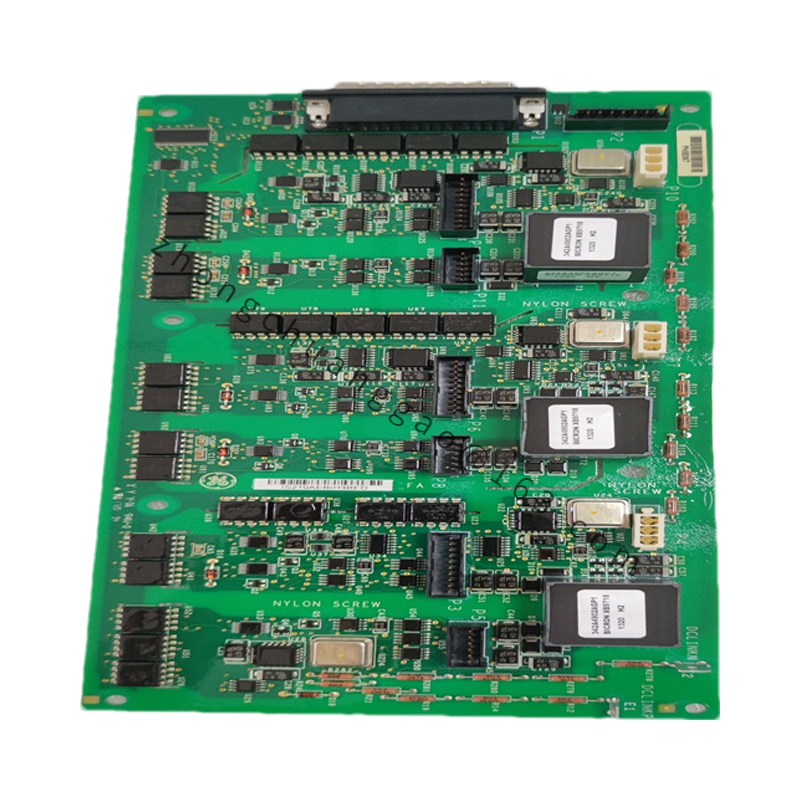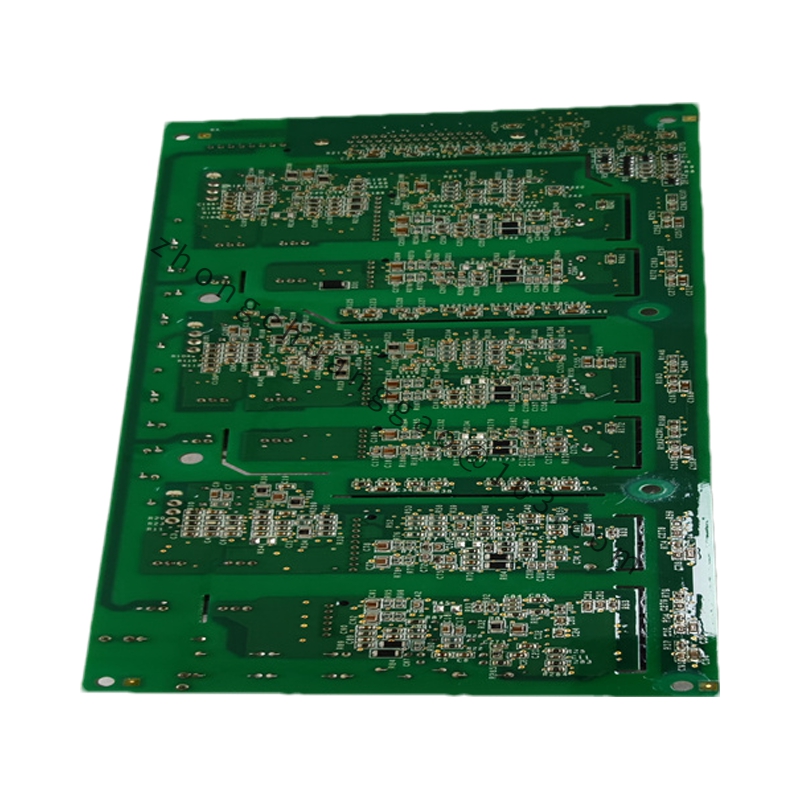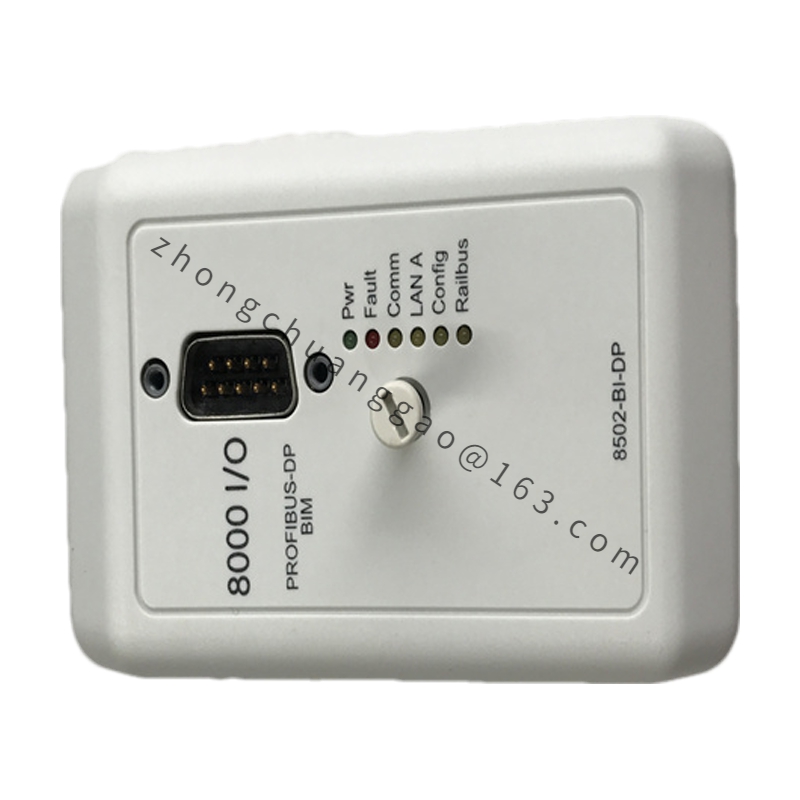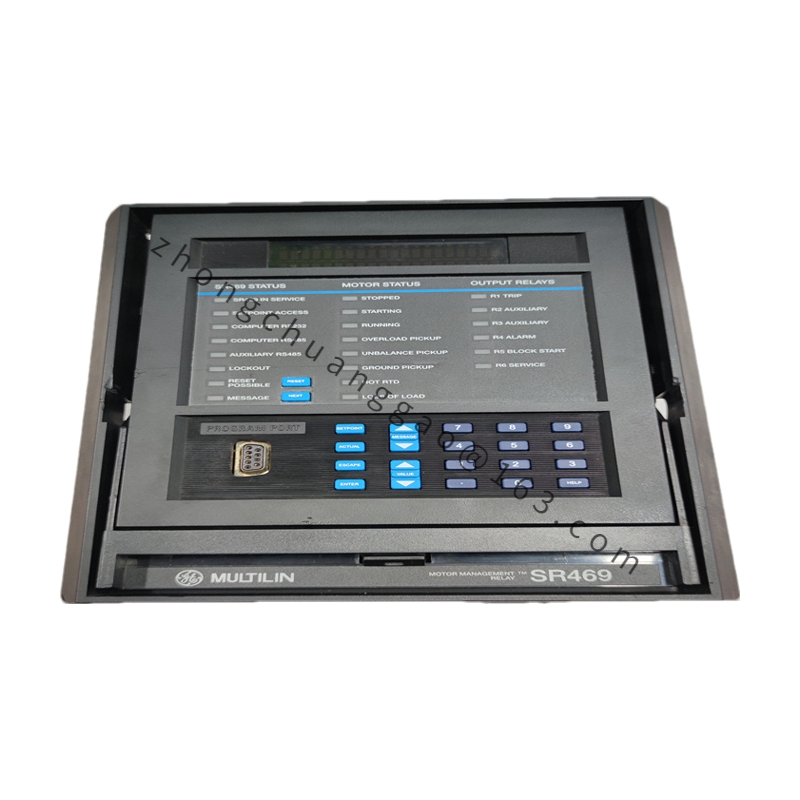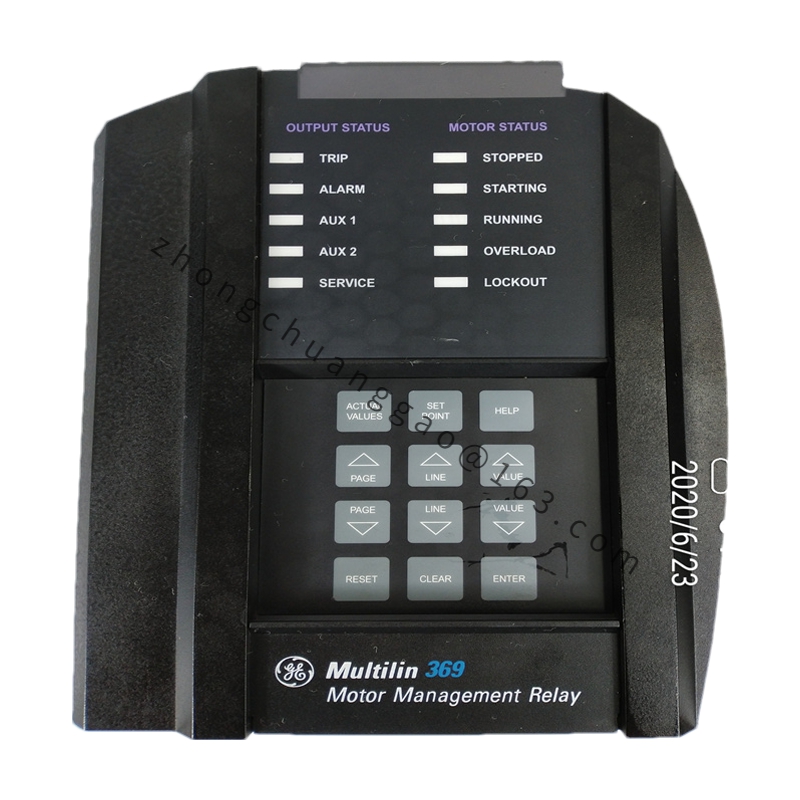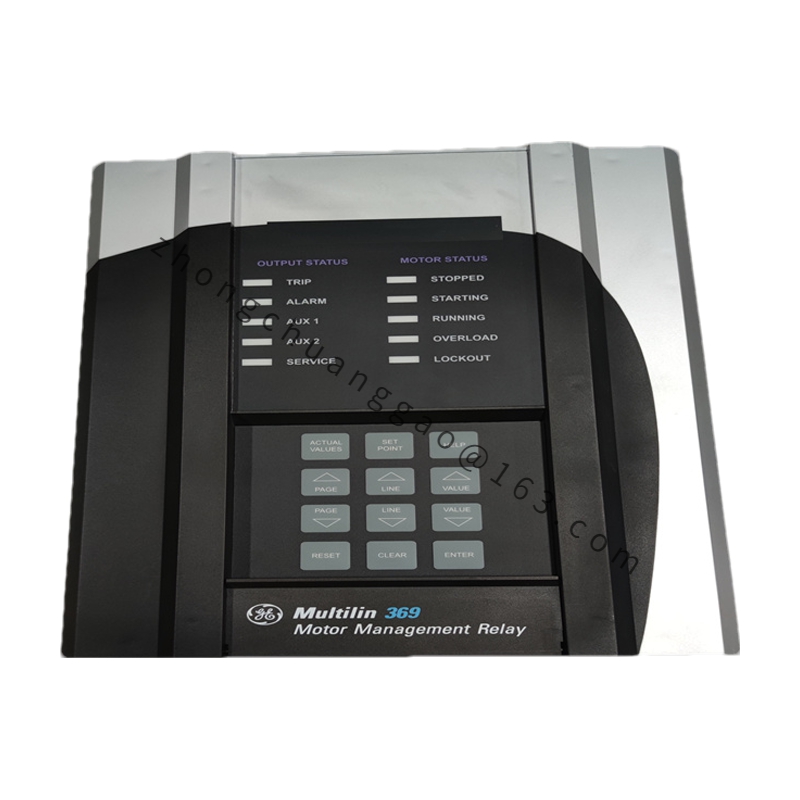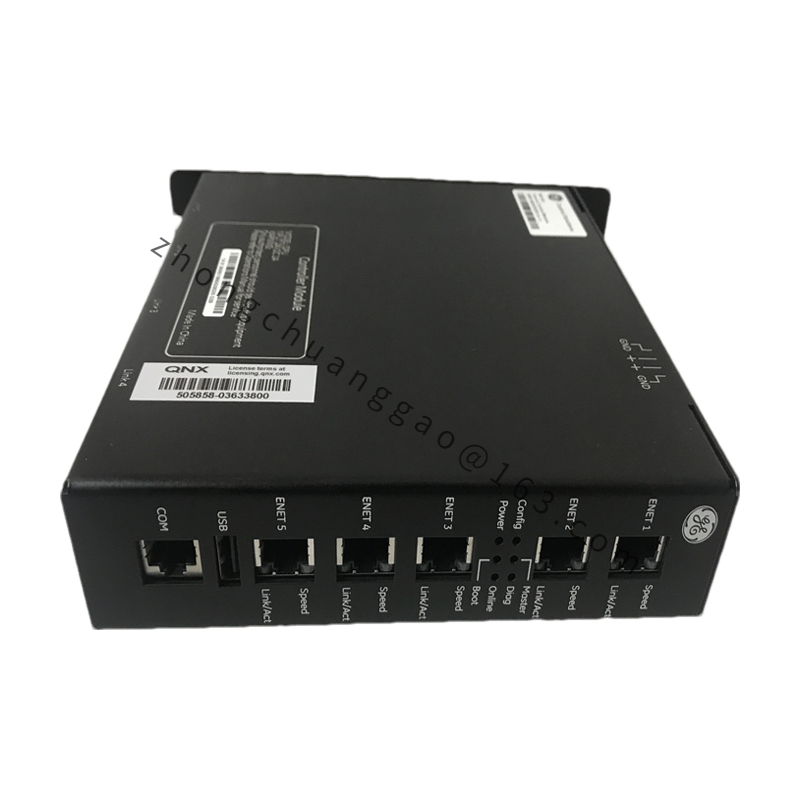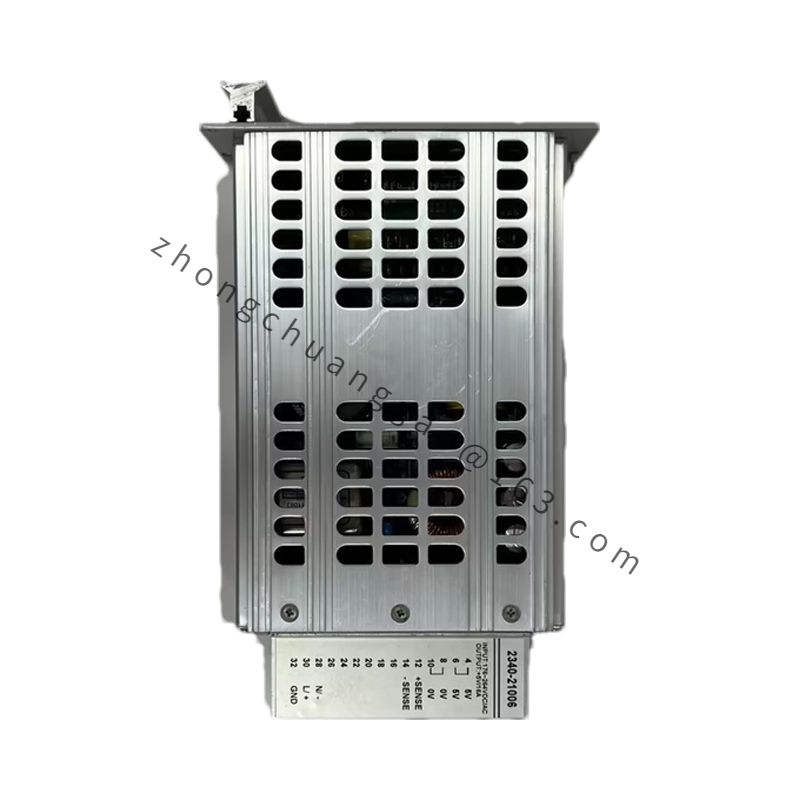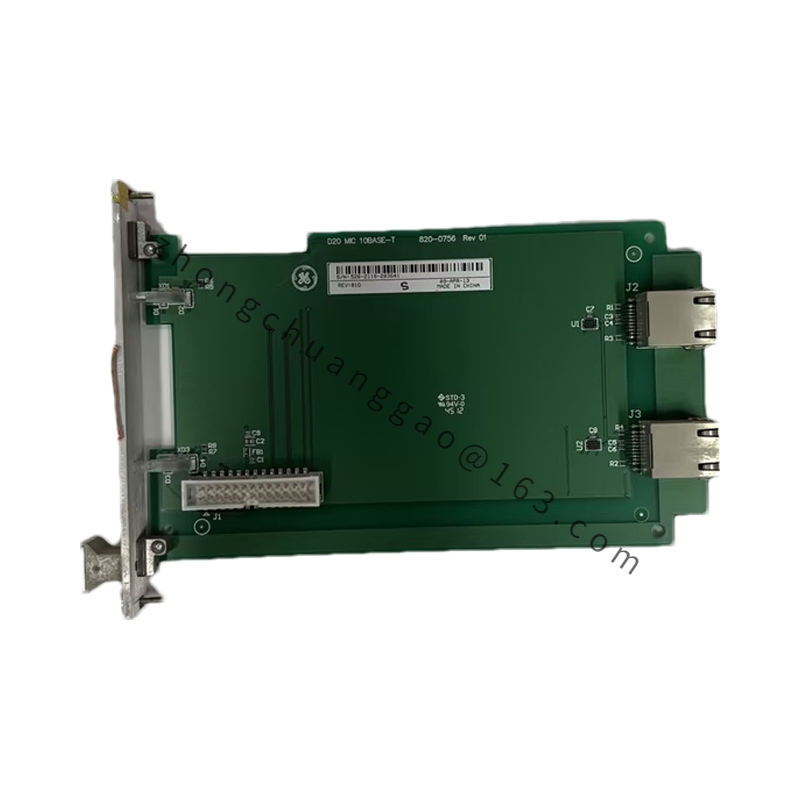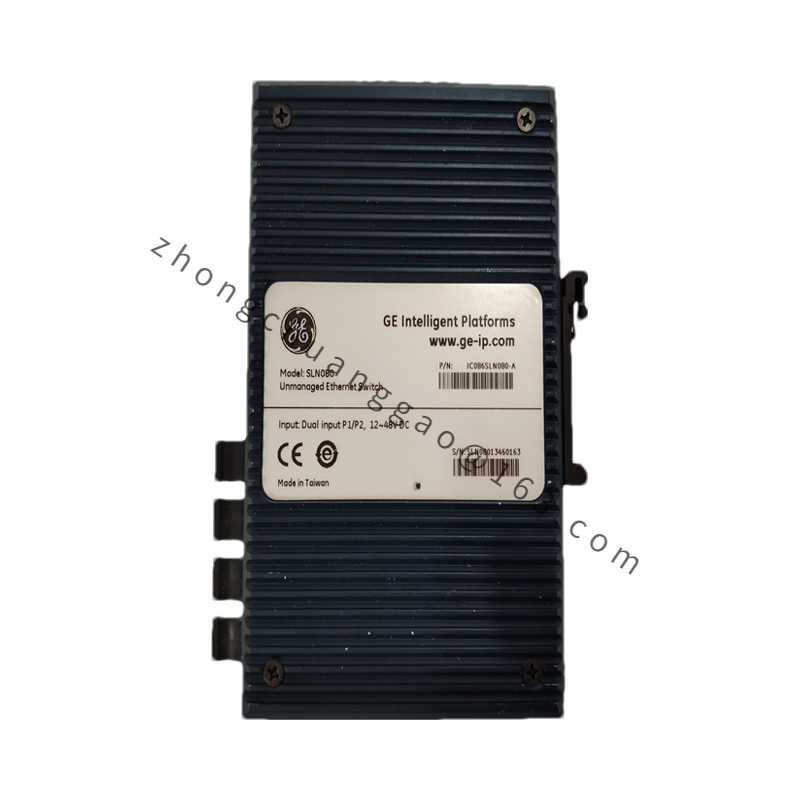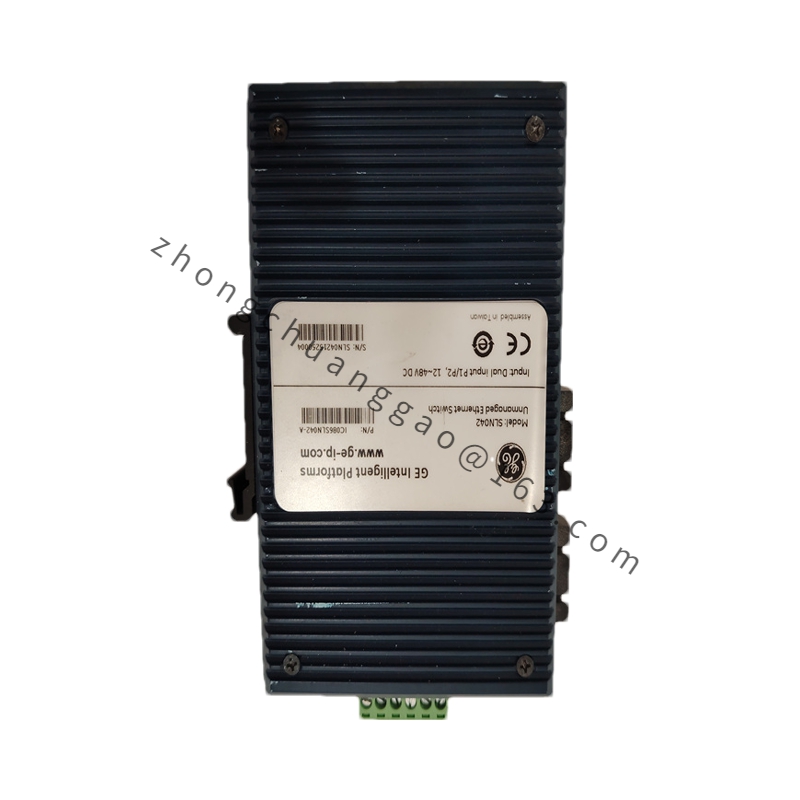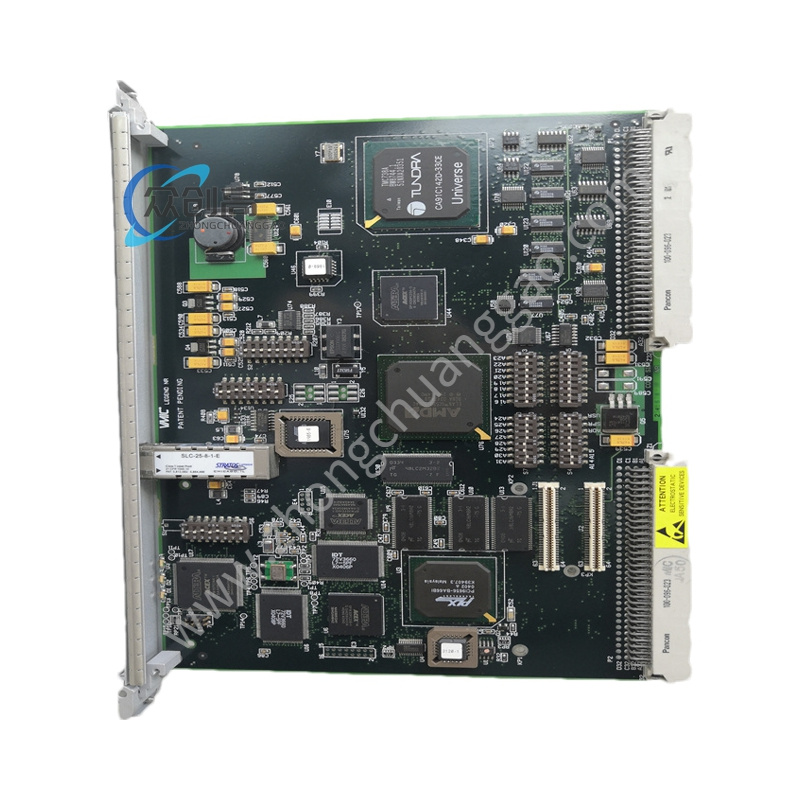GE IS210AEBIH3BED
Application Scenarios
- Industrial Automation: Widely used in industrial automation fields such as production line control and robot control, where reliable and real-time communication is crucial.
- High-Reliability Control Systems: Suitable for systems requiring high reliability and real-time performance, including power systems and traffic control systems.
- Communication and Integration: Its communication output interface component can be used to connect external devices like actuators, relays, and alarms, facilitating system integration and remote control capabilities.
- Diverse Industries: Applicable in various industries like manufacturing, energy, and building automation, where its performance and functionalities cater to diverse application needs.
Detailed content
Technical Specifications
- Input Voltage Options:
- With jumpers installed, the input voltage range can be 85VAC to 132VAC, with a nominal voltage of 120VAC.
- Without jumpers installed, the input voltage range is 176VAC to 264VAC, with a nominal voltage of 240VAC. (Note: Jumpers cannot be used with 240VAC input to avoid damaging the power module.)
- Output Voltage: 5VDC (other variations may exist, such as 3.3VDC and 5VDC with a total maximum of 1.5A)
- Maximum Output Current: 3A (for 5VDC output)
- Power Input: 27VA
- Frequency Range: 47Hz to 63Hz
- Hold-up Time: Rated at 20ms (Note: This may be inaccurate if the device operates at 120VAC input without jumpers installed.)
- Dimensions: 100mm x 50mm x 25mm
- Operating Temperature Range: -40°C to 85°C
- Protection Features:
- Input: Overcurrent, overvoltage, and undervoltage protection
- Output: Short-circuit, overload, overvoltage, and undervoltage protection
- Enclosure Material: Aluminum Alloy
- IP Rating: IP65 (indicating a high level of dust and water protection)
Functional Characteristics
- I/O Signal Control and Transmission: The IS210AEBIH3BED serves as a critical component in industrial automation and control systems, enabling the control and transmission of input/output (I/O) signals.
- Support for Multiple Signal Types: It supports various I/O signal types, including digital and analog, catering to the needs of diverse devices and systems.
- High-Speed Data Transmission: Ensures real-time and accurate communication between devices and the bus.
- Robust Anti-Interference Capability: Enables stable operation in complex industrial environments.
- Hot-Pluggable: Facilitates easy module replacement and maintenance.
- Standard Bus Interfaces: Typically equipped with standard bus interfaces like CAN and Profibus, allowing seamless connection and communication with other devices.
- Configurable and Programmable: Offers flexible configuration options and programming capabilities, enabling users to customize and extend module functionalities according to their requirements.


